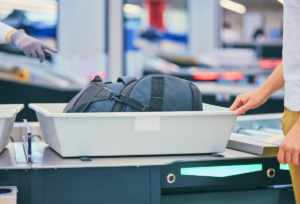Despite years of campaigning by airlines, travel operators, consumer groups and airports, the UK government has effectively dashed the hopes of anyone hoping for a short-term cut in the so-called “tourist tax” – Air Passenger Duty (APD).
Recently we reported on the latest round of pleas and cajoling directed at the Coalition government by an alliance of travel groups operating in the south east of England, who said that ministers were “dragging down” airport-based businesses in the region due to their continuing reliance on APD as an anti-CO2 and income-raising measure.
The group, known as the Fair Tax of Flying Alliance, is just one of many who believe that the tax unfairly penalises businesses and passengers flying to long-haul destinations and places the ability of the industry to offer cheap holidays in jeopardy.
Sadly, at the end of last week, following a Parliamentary exchange with Crawley MP Henry Smith, whose constituency has many economic interests tied up with Gatwick Airport, Treasury Secretary Chloe Smith warned that “I cannot promise APD will be cut in the near future,” adding: “I cannot promise we will meet everyone’s wishes.”
Ms Smith admitted that “APD is fundamentally a revenue-raising duty and currently raises around £2.5 billion a year. The forecast revenues that will result from aviation joining the emissions trading scheme are only around £0.1 billion a year.”
A recent cut in APD levied on long-haul flights from Northern Ireland had sparked a fresh set of calls from airlines to do the same across the board – or at least in the regions to help them compete with London – but the minister was adamant that the move had been merely a response to a “unique” set of circumstances.
Travel industry stakeholders now fear that the government will press ahead with imposing an APD increase next April at twice the level of inflation.




